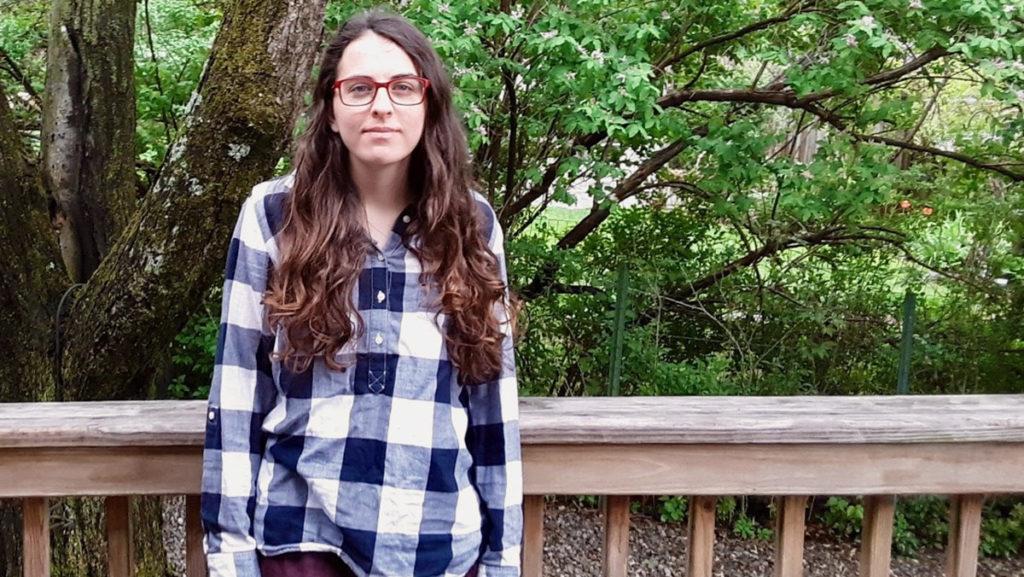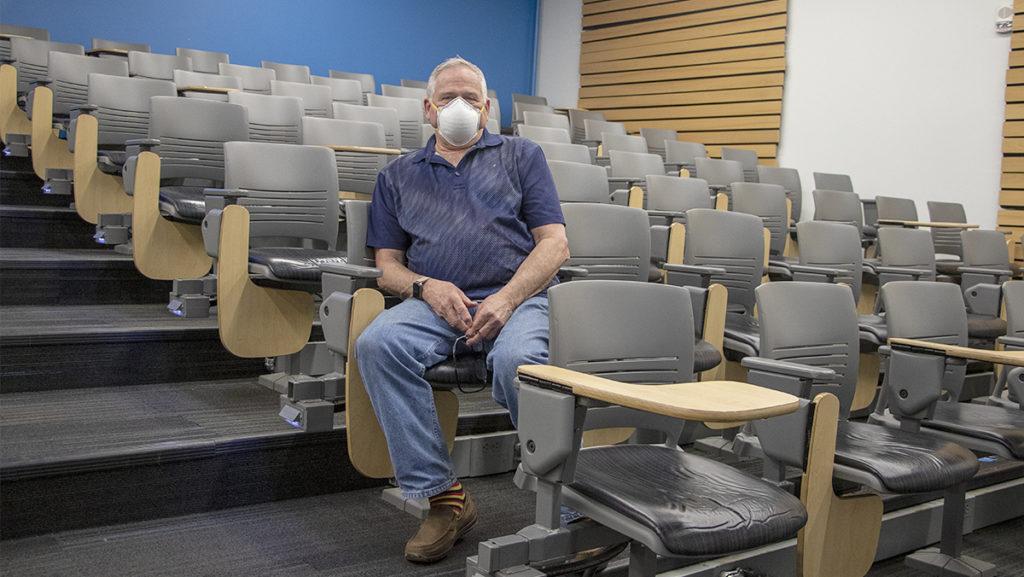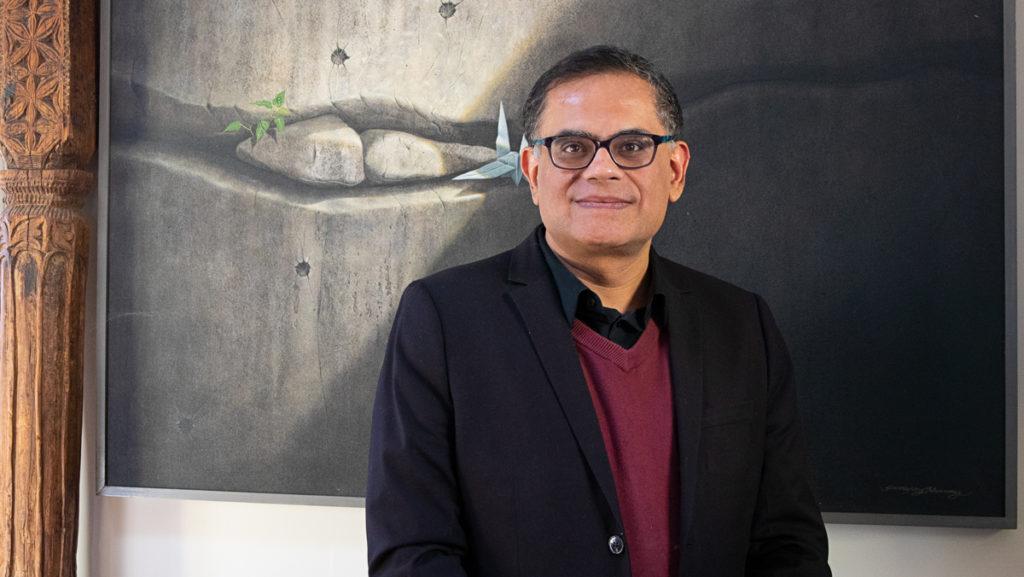We are writing to strongly oppose the Faculty Council issuing a vote for no confidence in our president or provost and to offer an alternate path forward. Even raising the specter of a no confidence vote can be damaging to our community because it further degrades the tenuous trust between faculty and administration. Our opposition to a no confidence vote does not mean we agree in total with the Academic Program Prioritization (APP) process or its outcomes. Rather, our opposition is because a no confidence vote is the wrong tool at the wrong time. There are significant potential harmful consequences of a no confidence vote like: irreparable division between faculty and administration; negative national press that may damage our ability to recruit students, faculty, leaders and donors; and a possible earned reputation as a fractious faculty lacking the collective skills to resolve differences with administrators.
A no confidence vote is a tool of last resort when all other means of conflict resolution have been exhausted. As strained as our situation is right now, we do not believe we are at that point. To wit, we have basic, foundational disagreements that can be reconciled. President Collado and Provost Cornish have stated that they believe they have been transparent and followed best practices of shared governance in the APP process. Some faculty have expressed otherwise. This suggests that the Senior Leadership Team (SLT) and faculty have differing views on how to enact the practices of transparency and shared governance, a problem exacerbated by the remote circumstances imposed by the pandemic. We must engage in an exchange of ideas in order to reconcile our differences and this must occur through synchronous two-way interactions between parties.
As an institution of higher learning, we can use this difficult, morale-gutting conflict as a teaching tool for our students. Let’s be an example of how to use conflict constructively, toward finding solutions. One possible solution is to bring in third-party mediators. This mediation work can be focused on developing consensus on what transparency and shared governance mean for Ithaca College by hearing each other’s positions and negotiating an agreement. We need to focus our limited resources in directions that will be productive. There is firm footing for successful mediation to begin. We hear general agreement between faculty and senior leadership on these foundational values:
- The status quo will not lead us toward a sustainable future.
- In a resource-scarce environment, we need to embrace change. We need to develop our strengths and attend to market forces.
- We are devoted to our students and are profoundly motivated by keeping their education and well-being front and center in all our decisions, processes and results.
With the pandemic and our decreasing recruitment and retention over the past several years, we have been in extreme hardship, hardships felt inequitably across intersectional lines of privilege: academic rank and position, family-care responsibilities, race, age, disability, health, etc. The pandemic and its attendant disruptions of stability has been an experience of trauma for many in our community. It would be strategic for us to work on healing these traumas and learning how to offer each other compassion, even within stark disagreement.
We believe that our president and provost have worked with the best of intentions out of a deep care and commitment to the college. Our community may disagree on process, decisions or actions, but we should not use that disagreement to further the divide. If there were easy solutions, our SLT would have found them. Instead, we find ourselves in a harsh reality that needs us to work together — not because we agree, but precisely because we disagree. Concretely, instead of discussing a no confidence vote, let’s utilize third-party mediators to enable the SLT and faculty to communicate effectively with one another and create a path forward.
Signed,
Julie Dorsey, Associate Professor and Chair of Occupational Therapy
Jean Hardwick, Charles Dana Professor and Chair of Biology
Deborah Rifkin, Associate Professor Music Theory



















